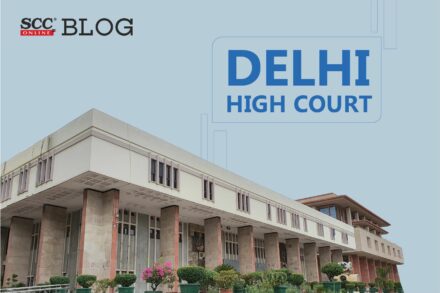
[POCSO] Delhi High Court| Unfair to quash FIR only because the accused is child victim’s real father having matrimonial discord with mother
Delhi High Court: In a case filed under Section 482 of Criminal Procedure Code, by an accused who happens to

Delhi High Court: In a case filed under Section 482 of Criminal Procedure Code, by an accused who happens to
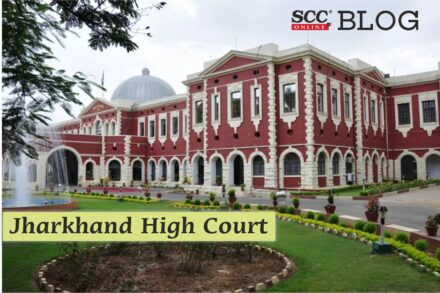
Jharkhand High Court: Sanjay Kumar Dwivedi, J., quashed the criminal proceeding registered under Sections 420, 406, 34, 120-B of the Penal Code
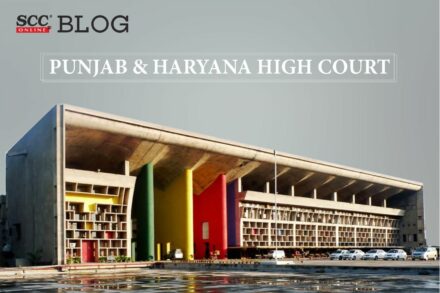
Punjab and Haryana High Court: In the case relating to the compundable offence under Section 420 of the Penal Code, 1860 and
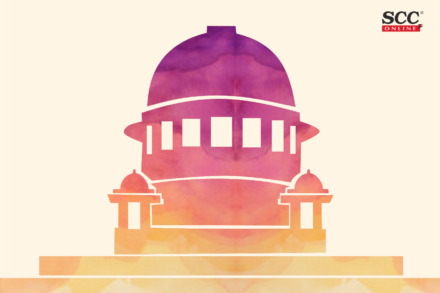
Supreme Court: The bench of MR Shah and BV Nagarathna, JJ has held that merely because some of the persons who might

Supreme Court: In a case where the Gujarat High Court had quashed criminal proceedings at the behest of persons who were not
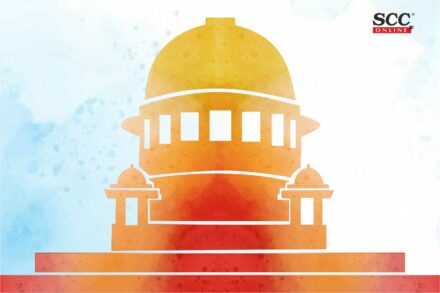
“The exercise of inherent power of the High Court is an extraordinary power which has to be exercised with great care and circumspection before embarking to scrutinise the complaint/FIR/charge-sheet in deciding whether the case is the rarest of rare case, to scuttle the prosecution at its inception.”

“Inherent jurisdiction under Section 482 Cr.P.C. and/or under Article 226 of the Constitution is designed to achieve salutary purpose that criminal proceedings ought not to be permitted to degenerate into weapon of harassment.”

Supreme Court: In an appeal against the verdict of Gujarat High Court that quashed the criminal proceedings against a man accused for

Supreme Court: The 3-judge bench of Dipak Misra, CJ and AM Khanwilkar and Dr. DY Chandrachud, JJ, explaining the principles governing the
Delhi High Court: While disposing of a petition filed under Section 482 CrPC, the Single Bench of S.P. Garg, J. held that if
Punjab and Haryana High Court: Deciding on the matter of whether the crime registered under Section 304-A of Penal Code, 1860 can